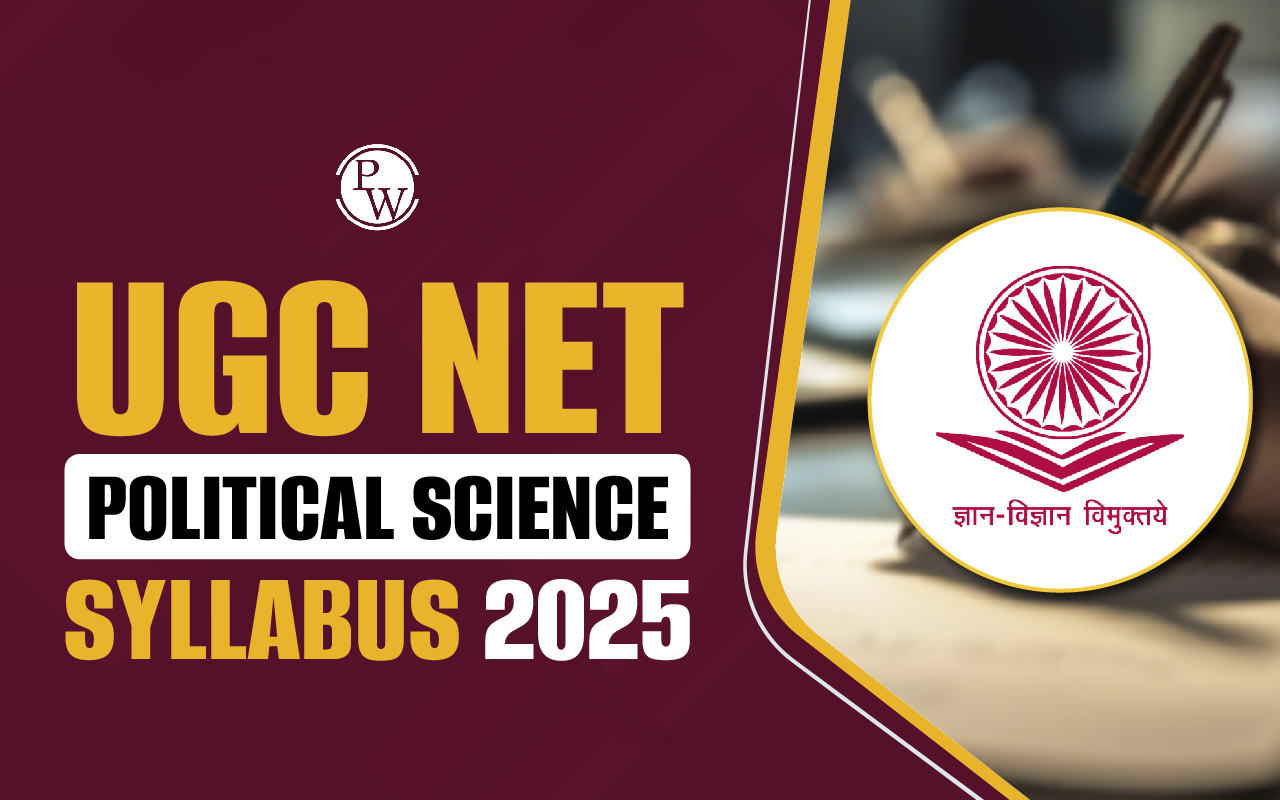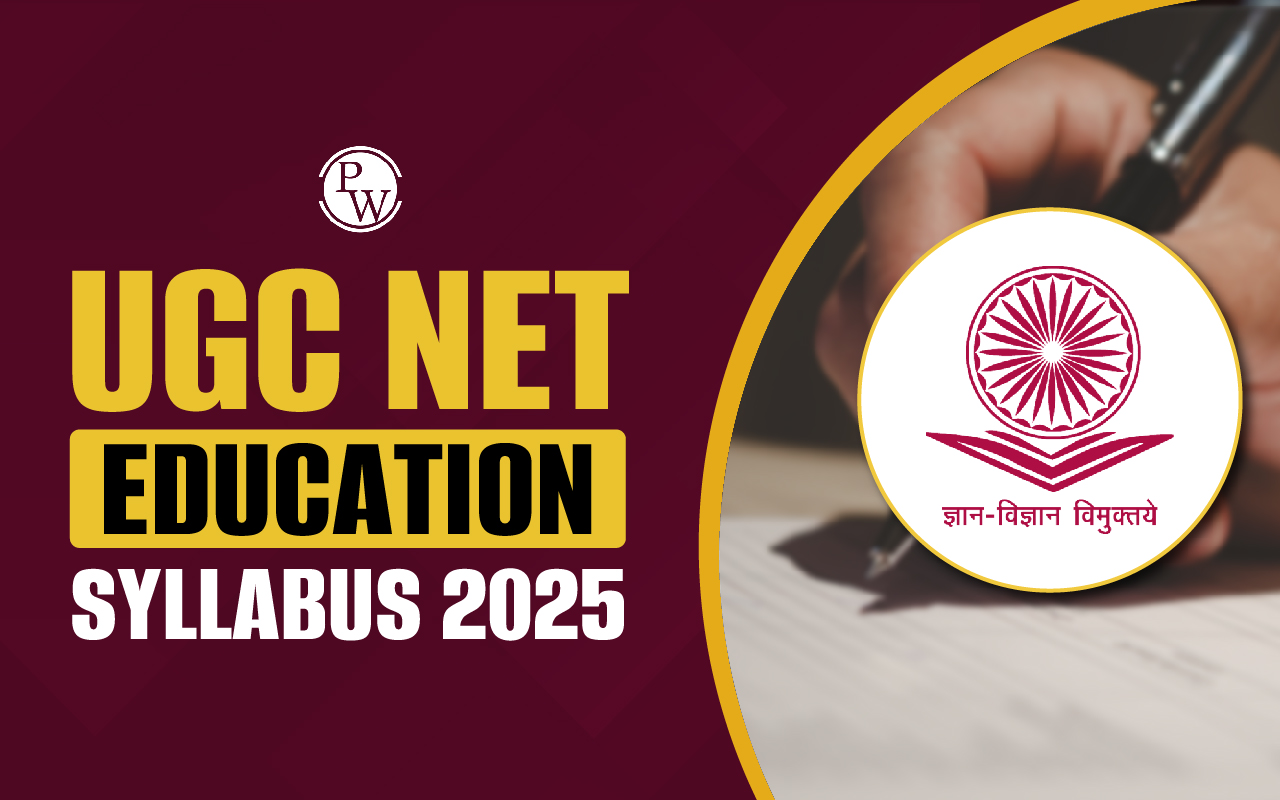

UGC NET Maithili Syllabus 2025 provides guidance for students who are aspiring to qualify in this subject at the postgraduate level. The syllabus covers Maithili literature, cultural history, and linguistic features. Aspirants who are engaged in preparing for the exam should familiarise themselves with the official syllabus, exam pattern, and marking scheme.
UGC NET Maithili Syllabus PDF
Students are encouraged to download the official PDF from the UGC website for authentic details. From here, candidates can download the official syllabus PDF for the Maithili subject:
UGC NET Maithili Syllabus Overview
The National Testing Agency conducts the UGC NET Maithili examination to determine eligibility for Assistant Professor and Junior Research Fellowship across Indian universities. The Maithili syllabus includes two papers. The first paper includes questions related to general aptitude that assess the teaching, reasoning, and research aptitude of the candidates. Paper II is subject-specific and focuses on Maithili literature and linguistics.
Further, here is a brief overview of the Maithili syllabus for the UGC NET paper:
| UGC NET Maithili Syllabus 2025 Overview Table | |
|---|---|
| Particulars | Details |
| Exam Conducting Body | National Testing Agency |
| Exam Level | National |
| Mode of Exam | Computer-Based Test |
| Number of Papers | 2 |
| Total Marks | 300 (100 for Paper I, 200 for Paper II) |
| Number of Questions | 150 (50 in Paper I, 100 in Paper II) |
| Syllabus Details | Language history, ancient, medieval, modern literature, folklore, linguistics, criticism, and general teaching aptitude |
| Duration | 3 Hours without any break |
Note: It should be noted that candidates will be required to attempt both papers in a single session as per UGC guidelines.
UGC NET Maithili Syllabus 2025
The Maithili syllabus reflects the evolution of the language and literature from early traditions to modern works. Students are required to prepare for the UGC NET exam using the following topics:
| UGC NET Maithili Syllabus 2025 Details | |
|---|---|
| Units | Topics |
| Unit I | History of the Maithili Language and its development |
| Unit II | Ancient Maithili Literature: Origins, early poets, and texts |
| Unit III | Medieval Maithili Literature: Bhakti poetry, translations, narrative traditions |
| Unit IV | Modern Maithili Literature: Poetry, prose, novels, drama, and criticism |
| Unit V | Folk Literature and Oral Traditions |
| Unit VI | Linguistic features of Maithili: Phonology, morphology, syntax |
| Unit VII | Contribution of major poets and writers across different periods |
| Unit VIII | Comparative studies: Maithili with other Indian languages and literatures |
| Unit IX | Literary theories and criticism in Maithili |
| Unit X | Research trends and contemporary writings in Maithili |
Note: The above-mentioned table presents a broad overview of the official syllabus. Candidates should consult the official UGC syllabus PDF for detailed subtopics.
UGC NET Maithili Exam Pattern
UGC NET Maithili exam is computer-based and conducted in a single session. Candidates can go through the following table to learn about the Maithili exam scheme for UGC NET 2025:
| UGC NET Maithili Exam Pattern 2025 | |||
|---|---|---|---|
| Paper | Number of Questions | Marks | Duration |
| Paper I (General) | 50 | 100 | 3 hours (combined) |
| Paper II (Maithili) | 100 | 200 | 3 hours (combined) |
Note: There is no separate break between UGC NET papers. Both papers are conducted in one stretch as per the official authorities.
UGC NET Maithili Marking Scheme
As per the UGC NET Maithili marking scheme details, each correct answer carries two marks. Also, attempting as many questions as possible is advisable for the candidates since no marks are deducted for incorrect responses.
UGC NET Maithili Preparation Tips
Students preparing for UGC NET Maithili should plan their studies systematically. Here are a few preparation tips:
-
Candidates should divide their preparation into phases: language study, literature review, and revision.
-
Aspirants can use previous year question papers to understand recurring themes and frequently asked questions.
-
Creating concise notes helps in last-minute revision.
-
Students are encouraged to combine theoretical study with analytical reading of Maithili texts.
-
Regular practice of mock tests under timed conditions boosts exam readiness.












